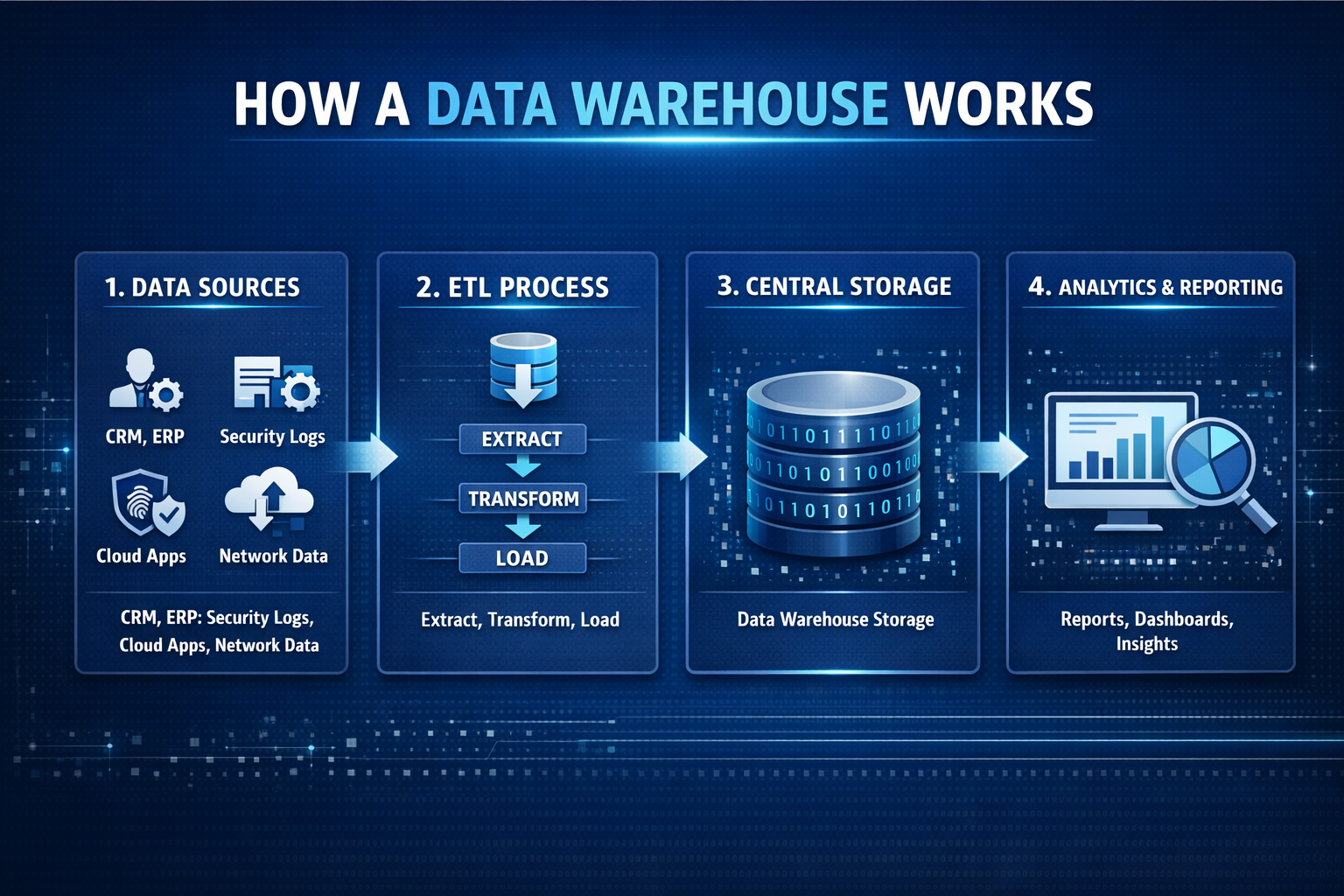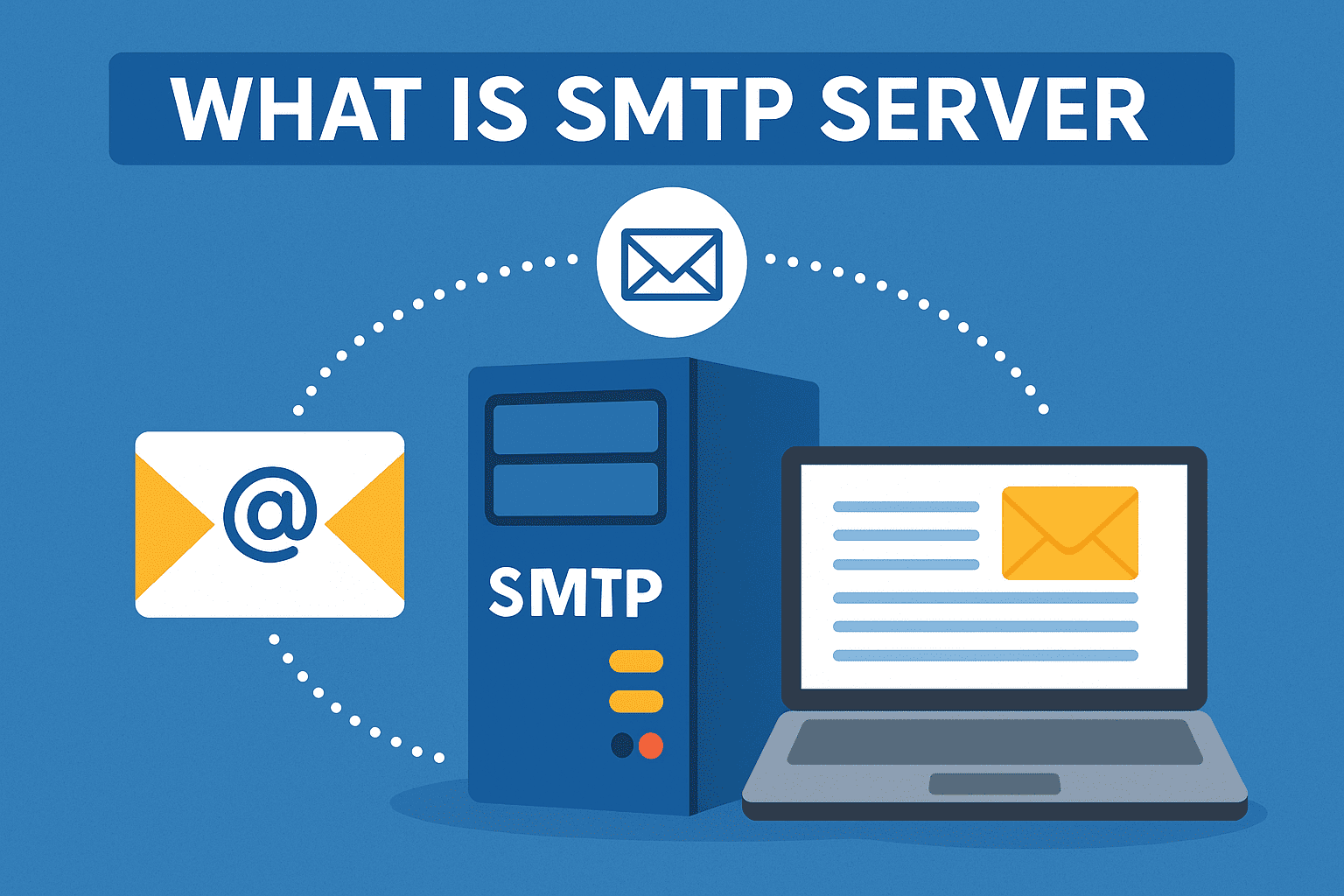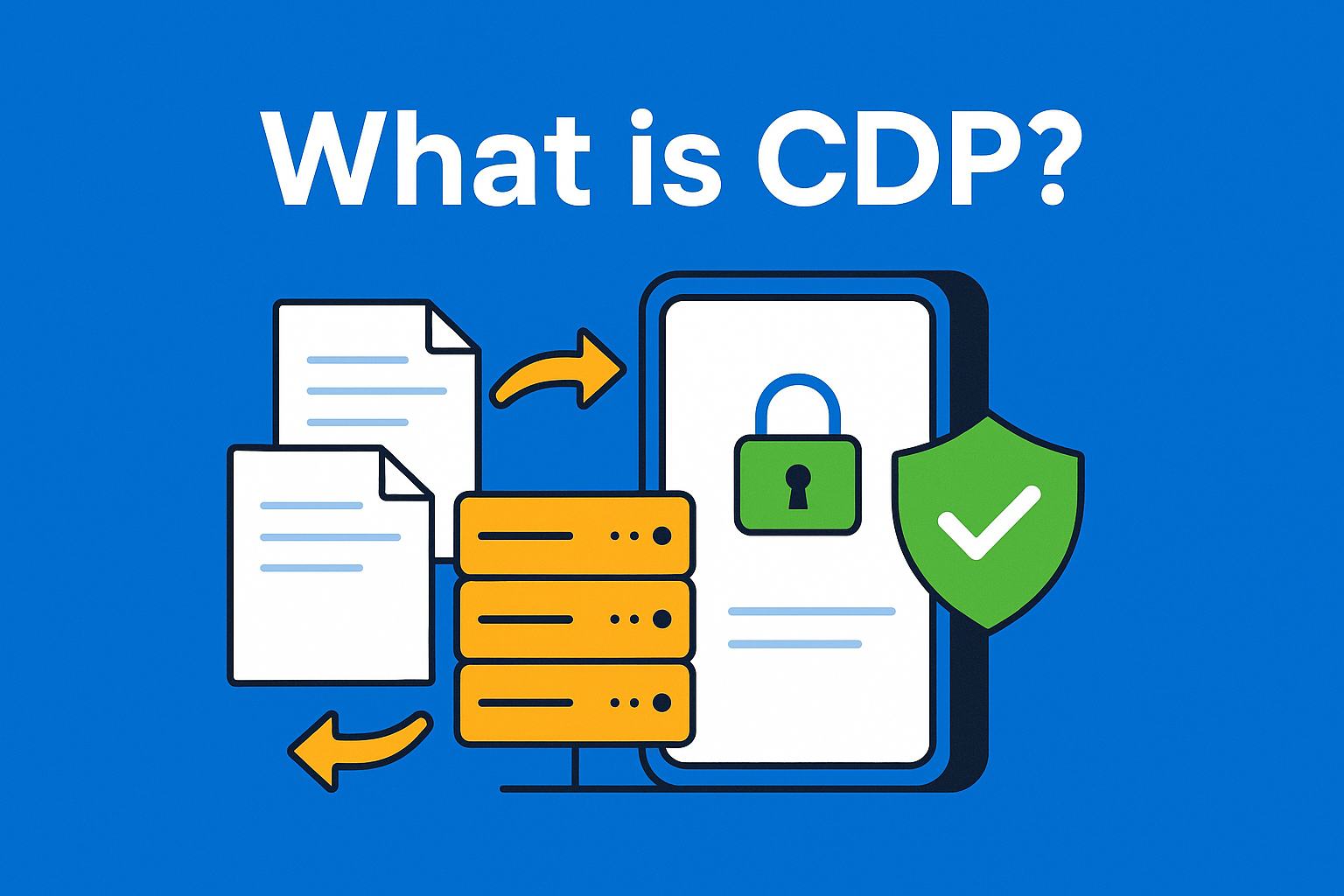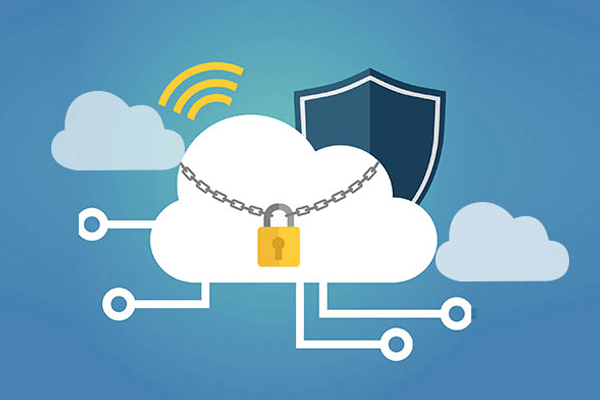What Is an IP Phone? A Complete Guide for Businesses & IT Professionals
Updated on August 18, 2025, by Xcitium
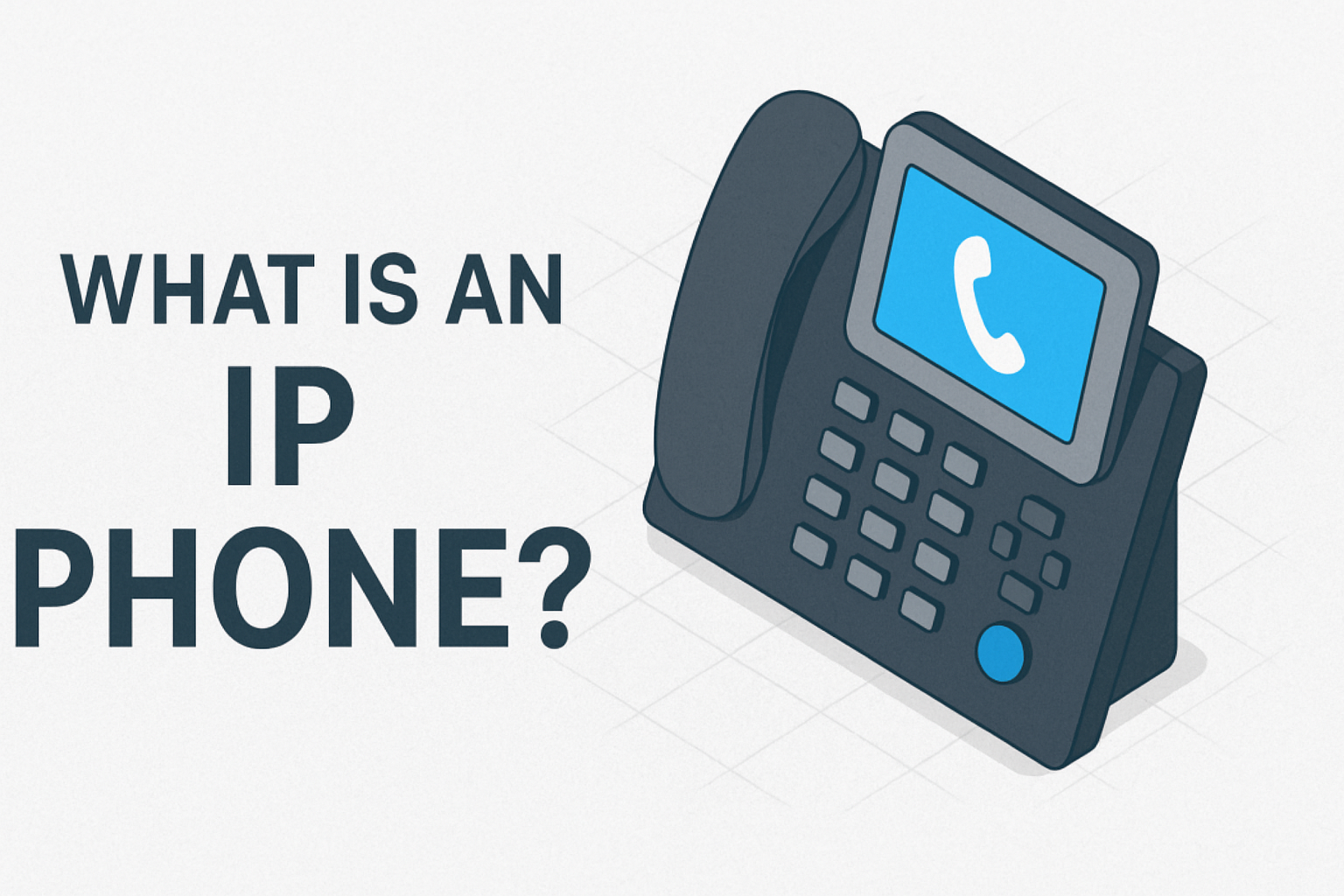
Have you ever wondered why many businesses are ditching their old landline phones? The answer lies in IP phones—a smarter, more cost-effective, and internet-powered alternative.
An IP phone, also known as a VoIP phone, uses internet protocols to make and receive calls, replacing the need for traditional phone lines. For IT managers, cybersecurity professionals, and business leaders, understanding this technology isn’t just about communication—it’s about leveraging efficiency, security, and scalability in the workplace.
What Is an IP Phone?
An IP phone is a communication device that connects to the internet rather than a traditional phone network.
Key characteristics:
- Transmits voice data over VoIP (Voice over Internet Protocol)
- Can be hardware-based (physical phones) or software-based (softphones)
- Offers advanced features like call forwarding, voicemail-to-email, and video calls
Example: A customer service center using IP phones can handle international calls at a fraction of the cost compared to a traditional phone system.
How Do IP Phones Work?
IP phones convert voice into digital signals, which are sent over the internet to the recipient.
The process:
- Voice Capture – Your voice is picked up by the phone’s microphone.
- Data Conversion – The audio is converted into data packets.
- Transmission – Packets travel over the internet via VoIP protocols.
- Reconstruction – On the receiver’s side, the packets are converted back into sound.
Types of IP Phones
There are several options depending on your needs and budget:
1. Desktop IP Phones
- Resemble traditional office phones
- Ethernet or Wi-Fi connectivity
- Ideal for offices and call centers
2. Cordless IP Phones
- Wireless, allowing movement around the workplace
- Uses Wi-Fi or DECT technology
3. Softphones
- Software installed on a PC, laptop, or smartphone
- Requires a headset or built-in mic
4. Video IP Phones
- Support video conferencing and screen sharing
Advantages of Using IP Phones
1. Cost Savings
- Lower call rates, especially for long-distance and international calls
- Reduced infrastructure costs
2. Scalability
- Easily add or remove lines without major hardware changes
3. Advanced Features
- Call recording
- Voicemail to email
- Call routing and analytics
4. Integration
- Connects with CRM systems and collaboration tools
IP Phones vs Traditional Phones
| Feature | IP Phone | Traditional Phone |
| Connectivity | Internet-based (VoIP) | Landline (PSTN) |
| Cost | Lower, especially abroad | Higher long-distance |
| Features | Advanced digital options | Limited |
| Scalability | Easy to expand | Requires new hardware |
Security Considerations for IP Phones
Because IP phones rely on the internet, they can be targeted by cyber threats.
Best practices for security:
- Use end-to-end encryption for calls
- Implement strong passwords for VoIP accounts
- Keep firmware updated
- Use VPNs for remote workers
Steps to Set Up an IP Phone
- Choose a VoIP Service Provider – Compare plans based on call volume and features.
- Select Hardware or Software – Physical phone, softphone app, or both.
- Connect to Internet – Via Ethernet cable or Wi-Fi.
- Configure Settings – Register with your VoIP provider.
- Test the System – Ensure audio quality and feature functionality.
Future of IP Phones in Business Communication
With hybrid work models and global teams becoming the norm, IP phones are evolving with AI integration, enhanced security, and 5G connectivity. They’re not just replacing old systems—they’re redefining communication efficiency.
Frequently Asked Questions (FAQ)
- Is an IP phone the same as VoIP?
Yes, IP phones use VoIP technology to transmit calls over the internet. - Do IP phones require a computer?
Not necessarily—hardware IP phones work independently, but softphones need a computer or smartphone. - Can I use an IP phone at home?
Yes, with a VoIP provider and stable internet connection, IP phones work anywhere. - Are IP phones secure?
They can be secure if configured with encryption, strong passwords, and updated firmware. - What’s the call quality like compared to landlines?
With good internet, call quality can be equal to or better than landlines.
Final Thoughts
Switching to an IP phone system is a strategic move for businesses aiming to cut costs, boost flexibility, and modernize their communications. As long as security measures are in place, it’s a future-proof investment for organizations of all sizes.
Upgrade Your Communication & Security
Enhance your business operations with secure and reliable communication solutions from Xcitium.
👉 Request a Free Demo Today




